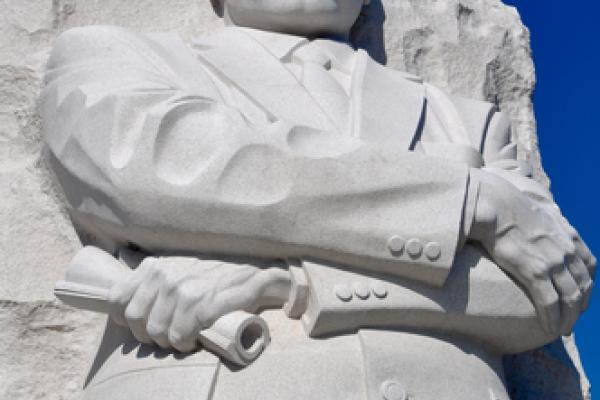Jun 14, 2013
If there was ever a fear that the church is splintered, apathetic or dull, the passion and unity on display at the “Why We Can’t Wait” May Revival on Pentecost Sunday earlier this month proved a direct contradiction to that assertion.
The second of five events of Washington DC’s Church-Wide Response to the New Jim Crow brought a diverse group of 50 faithful people to Capitol Hill’s Lutheran Church of the Reformation for an afternoon of song, prayer, worship, education on nonviolence and mass incarceration, and call-to-action to work and pray for a better church and a better world.
Read the Full Article

Already a subscriber? Login
